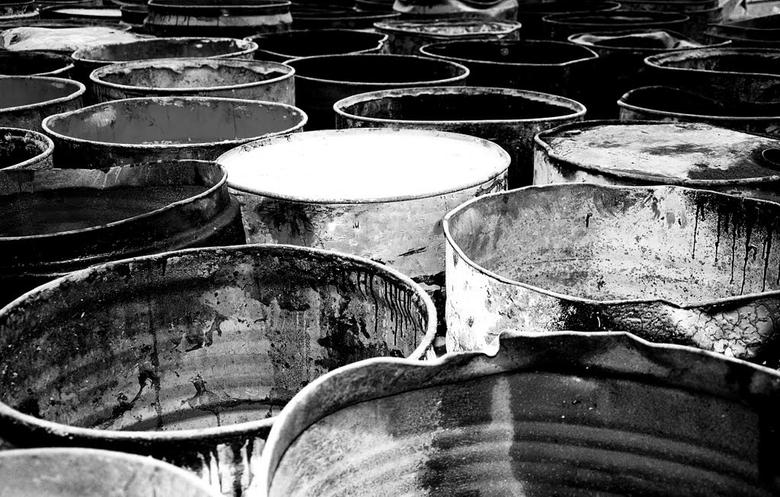
OIL PRICES: THE NEW WORLD

The recent sharp falls in the oil price require further adjustments to asset values around the world. Oil was in most people's forecasts and commentaries at about $110 a barrel earlier this year, but is now selling for under $70.
At these levels the Russian economy is struggling badly, as evidenced by the falls in the rouble. Russia was already one of the world's cheapest stock markets in terms of the relationship between share prices, recent past profits and dividends. But now it faces big falls in revenue, profit, dividend and taxpaying power. When you adjust for all that it does not look so good, and it is still too difficult to say where it might end up.
Venezuela's dependence on oil revenues exposes the dangerous state of her public finances. Even in the US, where the hugely successful shale gas revolution has boosted output and opportunities so much, companies must now confront the difficulties of servicing all the debts and paying back the loans on time with gas prices lower than planned. Bankers and loan market experts have to look more carefully at the ability of some oil-producing companies and even countries to meet their payments.
The good news is that for much of the rest of the world, lower energy prices are a windfall that should help growth and assist in curbing inflation.
Japan is an obvious winner. Its industries need large quantities of imported energy, giving a further competitive boost to her prices as costs reduce. The task of getting inflation up has just got a bit more difficult, meaning more quantitative easing for longer, which underpins Japanese shares and bonds.
India is another. The markets have liked prime minister Narendra Modi's reformist rhetoric all year. Cheaper energy gives him more leeway with reforms that entail moving to market prices at home, and gives Indian exporters a boost from cheaper costs.
China too is a heavy energy user with a big import bill. It's another reason to recognise that Chinese shares are still cheap, even after their recent performance spurt on the back of the Shanghai-Hong Kong stock market link-up. Gradually, foreign investors will have more access to shares in Chinese domestic companies, which in turn is likely to foster more foreign buying and ownership.
For the US the fall in the oil and gas price is a mixed blessing. It's bad news for the world's largest oil and gas producer as it means less revenue from this important sector of the US economy. On the other hand, the energy using parts of the US economy will benefit. The US consumer gets a welcome boost from lower gasoline prices, leaving more money to buy other things. The fund has done particularly well from its US holdings this year — it is the single biggest geographical exposure. Whilst no longer cheap, the vitality of the US technology sector and the strength of the US consumer area mean I am holding on.
The UK is not in such a good position. The diminishing North Sea oil province will lose out on new investment in higher cost marginal oil reserves to extend the life of the area as an oil producer. The exchequer will lose oil tax revenues it needs, while the large companies' index in the UK contains a substantial proportion of oil and commodity based companies, which will find the going tough against the current price background. But as in the US, the lower oil price will offer a stimulus to consumers and restrain inflation, giving the authorities more leeway to keep money looser for longer.
The euro area is a potential winner from cheaper energy. However, the EU generally has complicated the position by building in substantial dependence on very expensive renewable electricity, and by restricting its flexibility through reliance on Russian gas contracts. We are still awaiting a fuller monetary response from the European Central Bank to the recession in Italy and the weakening of demand and output in France and even Germany. The euro is no longer in crisis, but its austerity based model for adjusting entails long periods of high unemployment and slow growth.
The fund is up a spirited 9.6 per cent to the end of November. We came through the wobbles of October and early November with some tactical switches. Now the emphasis of the portfolio on emerging Asia, Japan, the US and quoted commercial property is paying off in this world of plunging oil prices and continued low interest rates in the advanced markets. I strengthened the portfolio in Asia a little while ago when markets were weaker. Saudi's decision to carry on pumping plenty of oil underwrites that decision.
ft.com





